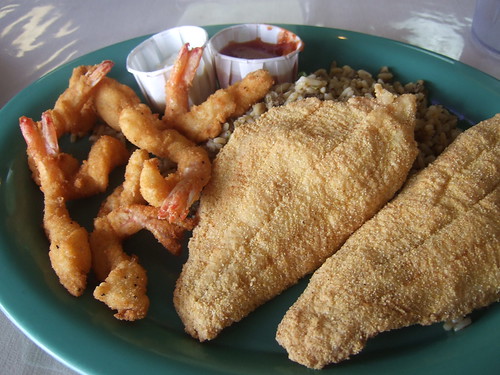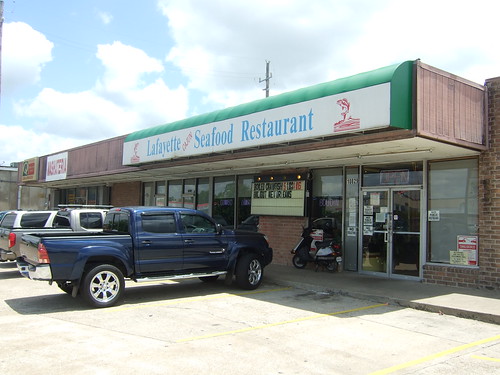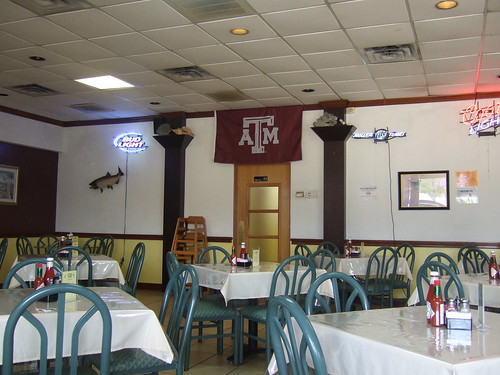I just finished writing a 5000 word blog post about a dish that no one eats anymore. I didn't plan to write that many words, but the dish, spaghetti alla carbonara, turned out to have a fascinating history and a disputed provenance.
I just kept writing until I felt I had told the story. I didn't consider my audience, or where it might get published, I just wrote what I found to be interesting. I can assure you, I would not have invested as much time and effort in a 5000 word blog post if I didn't love doing it.
I don't make a living writing about food. I'm very fortunate to have the time to do it as an avocation. Undoubtedly one of the greatest jobs in the world is to write about food and make a living at it, but lately some of my professional colleagues lament that the job has become tedious and formulaic. 10 posts a week! 500 words each! Barbecue! Burgers! Donuts! Pageviews!
On the rare occasion that writing feels like an obligation, I always ask myself this question: "If you knew no one was going to read your blog, would you still write it?" So far, the answer has always been "yes."
Read More...Still, I realize there are a few hearty souls who will happily plow through thousands of words I might write about an obscure Italian pasta dish or a regional food like barbecue crabs. Many of them have become my friends, and I do feel an obligation to write honestly, accurately, and passionately if only because that's what they expect of me. Of course, that's what I expect of myself, so there's never a conflict there.
One of the friends I met through blogging writes the Food in Houston blog. He's currently taking a hiatus from writing about food, hinting that it may be the result of the aforementioned tedium that results when you feel obligated to write about food. Back in September 2009, he wrote an interesting blog post about Houston food blogging. Here are some excerpts:
And
This blog post raised a few eyebrows, as reflected in the post's comments. Anyone who was blogging about food in Houston at the time could relate, including me. At the end of the post, he wondered which way the Houston food blogging scene would go. More generic or more idiosyncratic?
Regrettably, I think Houston food blogging has remained stagnant since this post was written. Which is unfortunate because the breadth and depth of topics about food in Houston is large and growing. However, with a few notable exceptions, most food blogging in Houston has either stopped entirely or trended toward generic subjects (in my opinion).
So here's my advice for burned-out food bloggers and those who may be thinking about starting a food blog. Sit down in front of your computer with a glass of wine or a cup of coffee, write about what you love, what you're passionate about, and assume no one's going to read it. It can be three paragraphs or thirty. And when you're done, if you like what you wrote and you think others will too, post it to your blog. Don't worry about pageviews or the number of comments. Four or five dedicated readers who appreciate the thought and effort you put into your blog are worth a thousand readers just passing through.
This may all seem antithetical to what you should do to be a successful food writer, but so be it. If someone tells you the future of food writing is generic subjects written in small, bite-sized blurbs, you should immediately start writing long-form blog posts in an idiosyncratic voice about obscure topics. That's what I did for my carbonara post. I have no idea if anyone is interested in what I wrote, or if anyone will even read it, but I sure had a great time writing it.
The blog posts:









